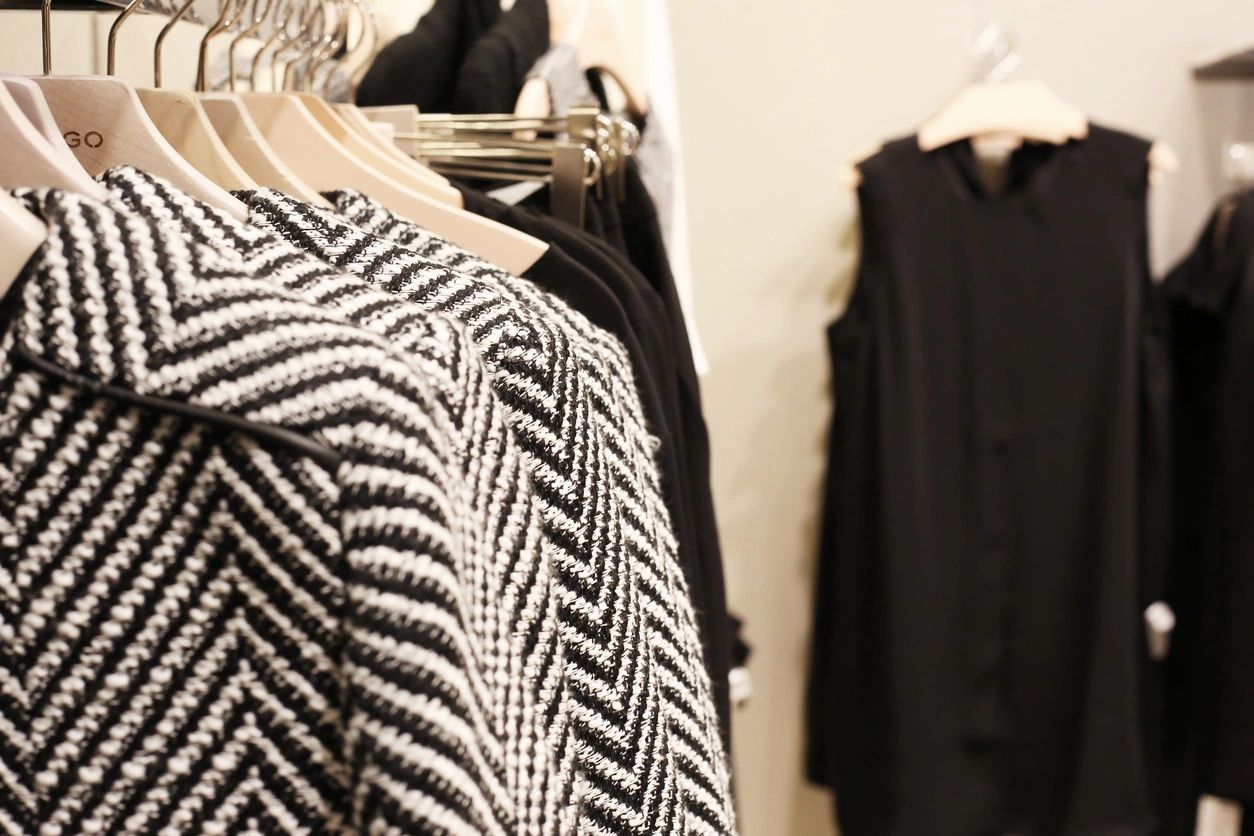
In the modern age of music streaming and social media, a band’s merchandise is more important than ever before.
Merchandise acts a symbol for the band, and advertisement to be worn around to build hype, and most importantly, is a major form of profit.
It is unacceptable, therefore, that your image can be tarnished and your profits stolen by counterfeiters in China who create merchandise fakes domestically, then send them abroad. If this has happened to your band or could happen to your band, please read on and enjoy Part 1 of our 3 Part Series on Your Band and Chinese Counterfeiters.
Your Band & Chinese Counterfeiters – Part 1 – Why Is China Important To Your Band?
I. No Band Is Too Small to Be Counterfeited
When a band is just getting their start, they will often focus their energies where they believe they can more easily build a fan base.
A metal band may dream of playing in Stockholm; a country band wants to get on the big stage in Nashville; an EDM group hope to one day play in Vegas. Building a bigger fan base helps to get the word out, increase the band’s popularity, the reach of their music, and in the end, boosts their profit margins. A place that holds as much if not more sway over all those factors, and a band may not be thinking of but absolutely should, is China.
The New York Times has referred to Chinese theft of American intellectual property as
“one of the greatest transfers of wealth in history”
That accounts for almost $600 billion a year in lost intellectual property profits. [1] So what does this mean for bands?
“Intellectual Property” is a blanket term that applies to copyright, trademark, patent, and trade dress protection. In terms of bands, both copyright and trademark rights are directly applicable to merchandising. The words of a band’s popular lyrics printed onto a t-shirt can be that band’s protectable copyright; a band’s logo of a horned-devil coming out of flames can be that band’s protectable trademark.
If you, the reader, are not a member of Slayer, ACDC, or Led Zepplin, you may be wondering how this pertains to you. You are not a big name and do not have to worry about Chinese counterfeiters on the other side of the world stealing your image and selling your merchandise, right?
 While that may have been the case, in the age of Instagram and globalized ecommerce, no band, not matter how small, is safe.
While that may have been the case, in the age of Instagram and globalized ecommerce, no band, not matter how small, is safe.
Take for example the case of “Team Dream.” It is not unsurprising if you have never heard of them. “Team Dream” is a clothing company with five employees that operates out of a converted gas station in California that produces 100 pieces of garment for endurance bikers. [2]
Despite their near absolute obscurity, the company’s founder was surprised to find a Chinese company selling counterfeits of his products on Taobao, China’s primary ecommerce site owned by Alibaba. [3]
The counterfeiters found this niche-company on Instagram; evidenced by the screenshot from Team Dream’s Instagram account that the counterfeiters used for the image of the illegal product’s page on Taobao. [4]
Readers should heed the example of Team Dream. No band, from sold-out arena shows to the most indie/underground group, is safe from counterfeiters in China. A band’s graphic t-shirts, stickers, and other paraphernalia are easily and constantly counterfeited in China and sold both domestically and shipped around the world quickly and easily via a variety of global ecommerce platforms.
II. The First To File System
Further bad news for bands is that, even if the counterfeiting is discovered, an unprepared-band may not be able to do anything to fix the problem because China’s trademark law is setup as a “first to file” system.
“First to file” is an infamous system of registering for trademarks wherein whomever is the first applicant to file for a trademark is granted the rights to that trademark. This is the opposite of the United States where the first to use a trademark is granted to the rights to said-trademark. This scheme of trademark registration may cause two crises situations.
The first scenario, is the case of “trademark squatters” who file for any and all trademarks they can find, and then hold these registrations hostage when the rightful-owners seek trademark protection in China. This can easily happen to a “small time” band who, after years of hard work, expands globally and then wishes to protect their band logos and designs in China only to find that the rights to them are already registered. These squatters then will often attempt to ransom the trademark to the rightful owner of the mark for far larger sums than was the simple application fee for the mark.
The second scenario, is the case of counterfeiters who rightfully filed-first. A band’s graphic t-shirts and other merchandise can be sold in China by counterfeiters who have registered for the marks without worry because, while the band may have been the first to use these marks, the counterfeiters were the first to file for them. In the eyes of the People’s Court in China, the Chinese counterfeiters are actually the rightful owners. In this scenario, there is little a band can do other than wish they had been more prepared.
III. Hope On The Horizon
By this point, a band aspiring for fame may feel like being ripped-off by the sophisticated Chinese counterfeit market is inevitable, but all hope is not lost!
In this first installment of our multi-part series, we have addressed the problems and pitfalls of counterfeiting in China as applied to a band who did nothing to prepare themselves for this possibility. In our next installment, we will explain how a band can apply for all intellectual property rights available in China applicable to their brand and later, how to wield these rights as a sword against counterfeiters.
[1] Dennis C. Blair and Keith Alexander, China’s Intellectual Property Theft Must Stop, NY Times (Aug. 15, 2017), https://www.nytimes.com/2017/08/15/opinion/china-us-intellectual-property-trump.html.
[2] David Pierson, Found on Instagram, Sold on Alibaba: Even The Smallest Are Now The Victims of Counterfeiting, La Times (Jan 12. 2018), http://www.latimes.com/business/la-fi-niche-knockoffs-20180112-story.html#.
[3] Id.
[4] Id.








